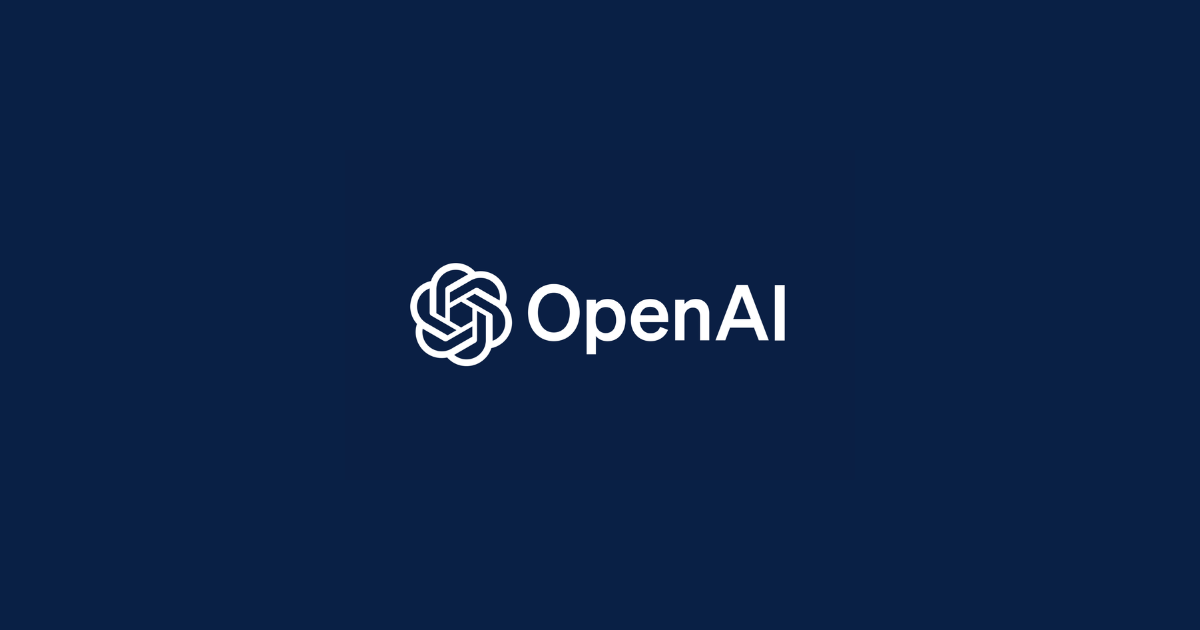OpenAI to Establish First Office in Seoul

OpenAI plans to open its first office in Seoul, marking its initial direct presence in South Korea. This move comes as South Korea becomes a significant market for OpenAI, with the country having the second-largest base of paying ChatGPT users globally, following the United States.
Jason Kwon, OpenAI's Chief Strategy Officer, announced during a press conference in Seoul that the company has established a legal entity in Korea and will soon commence full-scale operations. OpenAI aims to deepen collaboration with local policymakers, companies, developers, and researchers on AI infrastructure.
OpenAI has already formed partnerships with South Korean companies such as Kakao, Krafton, and SK Telecom to deploy advanced AI technologies. The company is also exploring local data storage options with providers like Oracle and Microsoft, although specific plans for a domestic data center have not been confirmed.
Recruitment efforts are underway as OpenAI seeks talent to lead local partnerships and collaborations. Additional details on specific initiatives are expected to be disclosed in the coming months as the company builds out its Korean operations.
We hope you enjoyed this article.
Consider subscribing to one of our newsletters like Enterprise AI Brief or Daily AI Brief.
Also, consider following us on social media:
More from: Enterprise
Subscribe to Enterprise AI Brief
Weekly report on AI business applications, enterprise software releases, automation tools, and industry implementations.
Market report
Superagency in the Workplace: Empowering People to Unlock AI’s Full Potential
This report explores the transformative potential of artificial intelligence in the workplace, emphasizing the readiness of employees versus the slower adaptation of leadership. It highlights the significant productivity growth potential AI offers, akin to historical technological shifts, and discusses the barriers to achieving AI maturity within organizations. The report also examines the role of leadership in steering companies towards effective AI integration and the need for strategic investments to harness AI's full capabilities.
Read more
